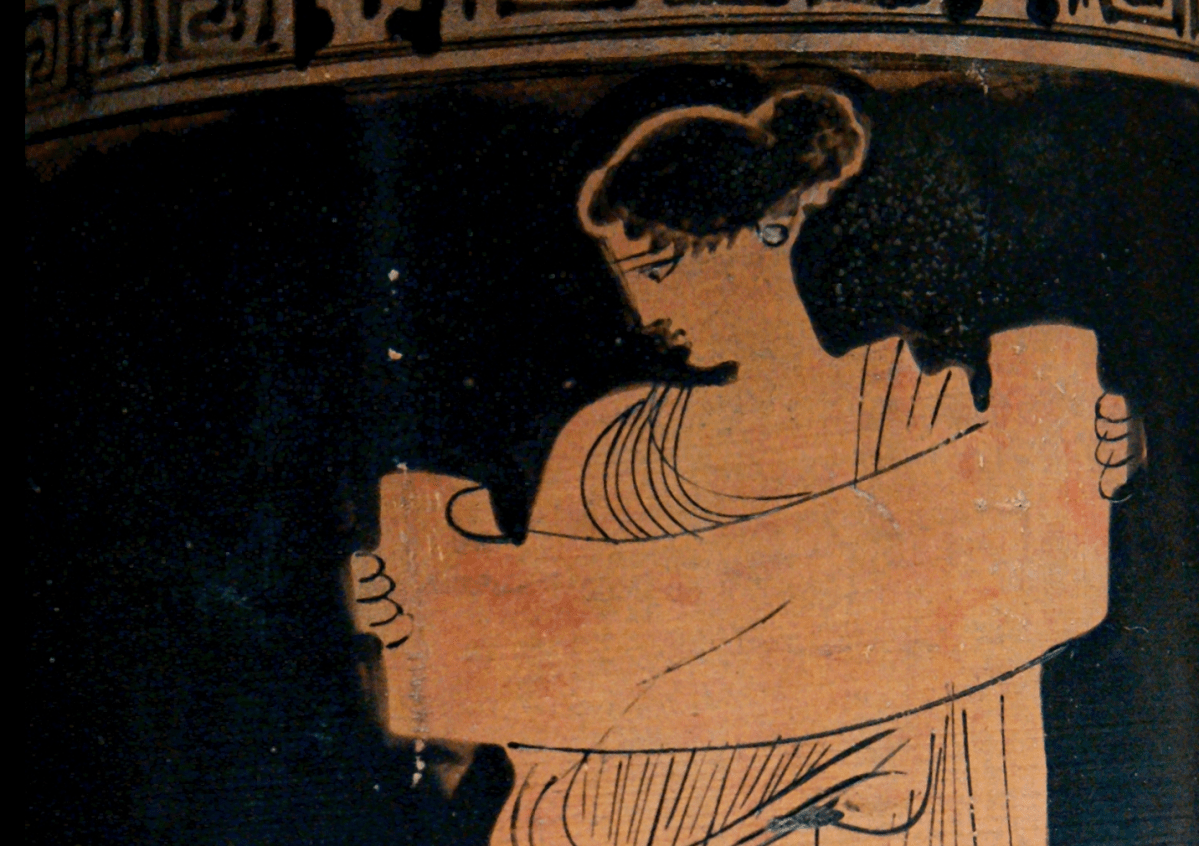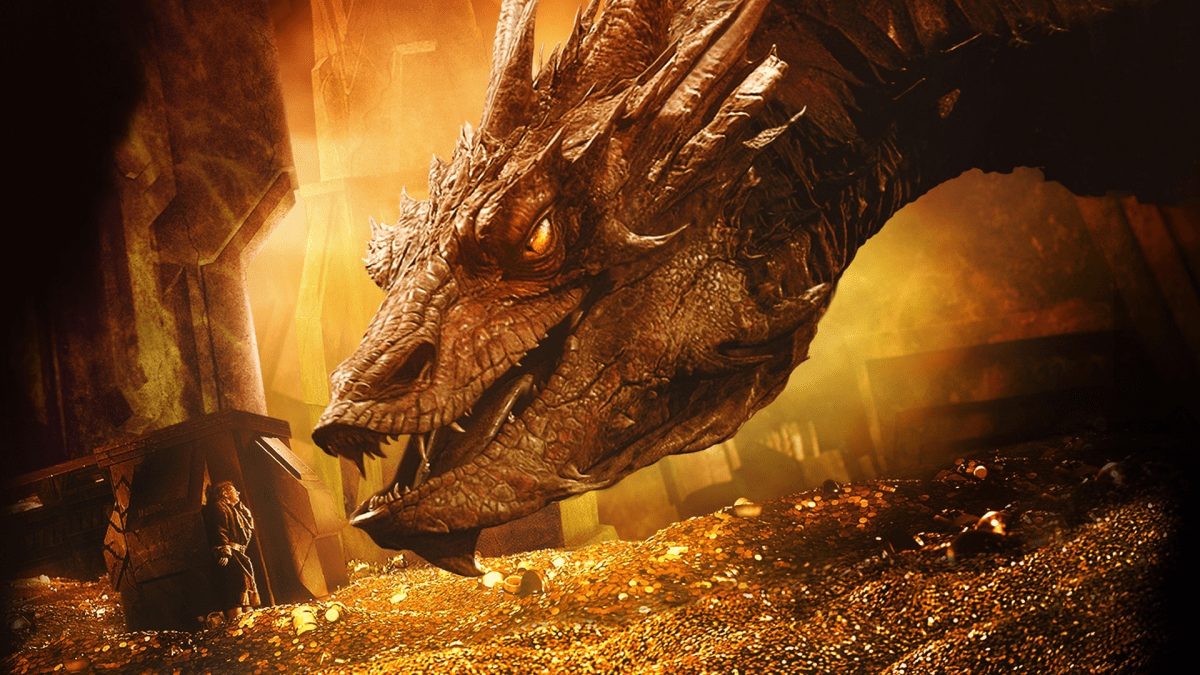Why do we read fiction? It’s pretend. None of it is true. All the great stories from Mary Shelley’s Frankenstein to Jane Austin’s Pride and Prejudice, whether it’s H.G. Well’s War of the Worlds or Arthur C. Clarke’s 2001 A Space Odyssey—they’re all made up. None of them are real. So why do they captivate us? Why do works of fiction capture not just our imagination but our hearts and minds?

As a science fiction author, it might surprise you to learn my favorite novel is John Green’s teenage romance The Fault in Our Stars. Is it perfect? No. In fact, I’d argue John wasn’t happy with the ending and did a rushed rewrite that left the story a little muddled. I suspect I have spotted the exact paragraph where the departure began, but still, it is absolutely brilliant. Why? Because it captures the essence of what it means to be human. Because it has piercing insights into what it means to be vulnerable.
We live our lives in solitude. We’re forever alone in a crowd. No one can ever really know us beyond our words and actions. No one can ever know the inner workings of your mind or mine. No one can ever experience life as we do. We’re trapped, unable to escape our own minds, unable to see through another’s eyes. Eight billion of us all share the same strengths and weaknesses. All eight billion of us will ever only know one life. That is… until we read.
In the words of George R. R. Martin, “A reader lives a thousand lives before he dies, while the man who never reads lives only once.”

Okay, but why read fiction?
If we want to live a thousand lives before we die, why not read biographies? Surely, those are actual lives. Why does fiction hold any merit over non-fiction? The answer is fascinating. It’s because even biographies suffer from the tunnel vision of our internal isolation. The biographer has to draw up details about a historic figure that represents their words and actions, not their heart and feelings, not their thinking and reasoning, not their foibles and misgivings. They’re forever watching from without, not from within.
Ah, but what about autobiographies. Surely, they’re better? On the contrary, autobiographies are worse. They’re self-indulgent. I’d argue that Christopher Hitchens was one of the greatest thinkers of the past century, second only to the likes of Oscar Wilde or perhaps T.S. Eliot and Bertrand Russell, but he was the worst person in the world to write about himself. Compared to his classics like The Trial of Henry Kissinger or Missionary Position or God is not Great, his autobiography lacks penetrating insights into his own nature. It’s a stroll through a summer garden resplendent with flowers instead of an arduous trek across the Sahara, fighting bandits along the way. He told us what he wanted us to hear, not what we needed to hear to understand how he developed his firebrand style of critical thinking.
And that leaves us with fiction…
So why does fiction work? All the characters come from one mind. How is that any better? On the surface, it seems as though it is the worst of all options, but fiction frees us from our inhibitions. Fiction is role-playing writ large. Fiction allows us to dabble with thoughts, feelings and emotions that challenge our souls. We live vicariously through the protagonist, and even when it is someone we find repulsive, like Humbolt in Lolita, there is an opportunity to understand the frailty and madness of what it means to be human. In Humbolt, we get to see the way a man distorts his perception of reality, glorifying and justifying his desires. We see his failure to understand the humanity of women and children, and that, in turn, allows us to learn more about ourselves.
Fiction is an exploration of the soul. In my writing, I explore the concept of First Contact with an intelligent extraterrestrial species, speculating on the nature of their development and interests, but I suspect First Contact will tell us more about ourselves than our guests.
T.S. Eliot once wrote, “We shall not cease from exploration. And the end of all our exploring will be to arrive where we started and know the place for the first time.” And I think the same is true of reading. When we pick up a book of fiction, we may soar to exotic planets or swim in the Mediterranean Sea—we may read of barons, robbers, thieves, lovers and villains, but when we close the final page, we come to know ourselves yet again for what feels like the very first time.
If you want to find yourself, you need to lose yourself in a great book.




